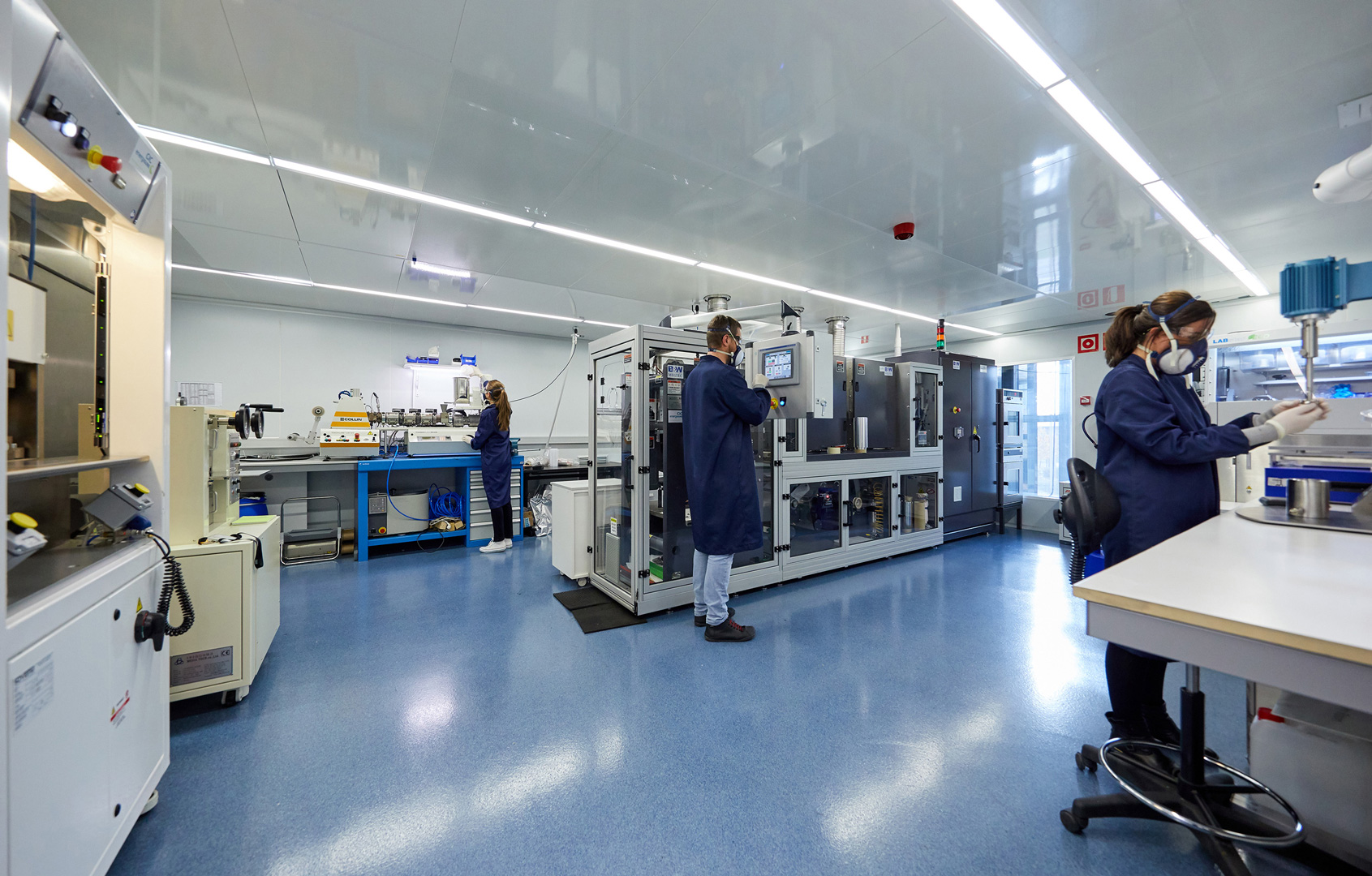CIC energiGUNE, the Basque research center of reference in battery storage, thermal energy solutions and hydrogen technologies, and member of the Basque Research & Technology Alliance-BRTA, has been recognized as an “outstanding example” in the field of battery research and development by the European Commission’s Joint Research Centre (JRC).
In its recent report “Batteries for Energy Storage in the European Union”, the main executive body of the continent reviews the current state of the battery industry in Europe, as well as its main trends and technological challenges. In this context, the study points out CIC energiGUNE as one of the reference centers in R&D both at state and community level, thanks to the work carried out to date in the different branches of scientific research associated with energy storage and batteries.
In this way, the Basque Center, a strategic initiative supported by the Basque Government and the Provincial Council of Alava, has been highlighted alongside other major institutions such as the Atomic Energy and Alternative Energies Commission (France), the National Agency for New Technologies, Energy and Sustainable Economic Development (Italy) or the Fraunhofer Gesells Alliance (Germany).
These entities are highlighted within the publication thanks to their lines of research around innovation and development of energy storage technologies, which are expected to contribute to building a competitive European battery manufacturing industry based on the principles of clean energy and circular economy.
In fact, all of them are part of important scientific programs such as Horizon Europe, highlighted by the Commission in its report and where CIC energiGUNE participates in different initiatives, leading some as relevant as the HELENA project, which aims to establish the development of the future generation of batteries based on solid electrolyte.
The report itself highlights this solid-state technology as one of the major future trends in the industry, together with other advances such as cobalt free batteries (with NMC, NCA or NMCA cathodes) or solutions based on LFP cathodes. All of them are alternatives in which the work of CIC energiGUNE stands out.
The Commission also highlights the importance of the activity of this type of centers in the current race between Europe and other geographical areas such as North America and Asia. It is not in vain that this last region leads (through China, Japan and South Korea) the development and technological innovation around batteries through different publications and patents. Hence the importance that the study attributes to the R&D activity developed by research centers such as CIC energiGUNE.





